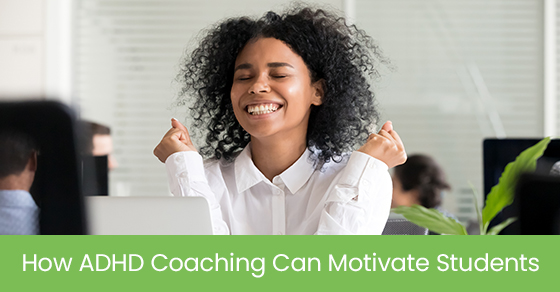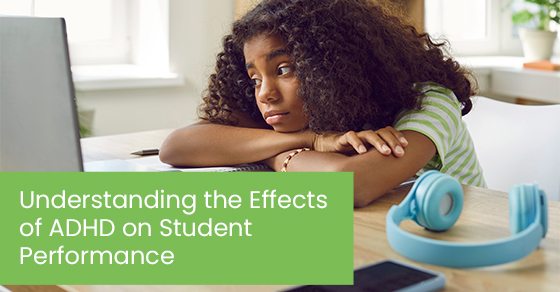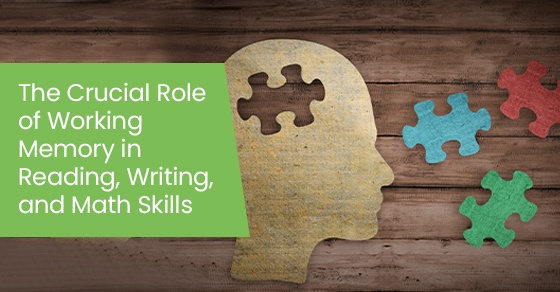Students often come to Evoke Learning because their parents have asked them to work with us. They don’t believe they have a significant learning difference and, even if they are failing in school, they remain confident in their own abilities despite their struggles. This unfounded self-confidence—known as “positive illusory bias”—is common in students with attention deficit hyperactivity disorder (ADHD), but their reluctance is also understandable to anyone who has ever avoided a painful task. After all, they would rather be anywhere else but school, so why would they want someone working with them to increase their academic engagement, asking them to do the very things they find so difficult?
One of the first goals in ADHD coaching is to uncover what’s really behind a student’s challenges with motivation and procrastination. Lack of motivation and procrastination are emotional responses—symptoms of the barriers students face. Why are they digging in their heels and refusing help? How can we move them to a place where they are more aware of their personal barriers and become ready and open to learning? ADHD coaching can be instrumental in helping a student understand and change their mindset, shifting them from the place where they seem stuck to a state where they are comfortable addressing what is uncomfortable. Effective coaching helps students see the obstacles to their own engagement and initiative, leading them to think about where they are now, where they want to be, and how they can get there.
Weak Self-Regulation Can Hinder Motivation
Motivation is a critical factor in student success. Students with ADHD can have powerful and persuasive automatic thoughts, combined with very low frustration tolerance. They can become overly emotional about the stressors they experience, which often results in task avoidance, motivation deficits, anxiety, and procrastination. These students lack the filter that enables most of us to set aside uncomfortable emotions, and they can frequently become completely flooded by a feeling, making it unbearable.
Bullying, boredom, poor grades, or even an untreated condition may explain why a student is disengaged, uninterested, and avoiding everything related to school. Other factors may include ineffective learning strategies, tasks that the student doesn’t understand or finds challenging, assignments that require so much effort as to feel overwhelming, lack of skill, or fear of failure. ADHD coaches and reading and math tutors can offer tools and strategies designed to help them overcome the challenges they must manage, but those tactics must be utilized to be effective. There is no magic strategy, tool, or resource that will make uncomfortable or unenjoyable tasks completely easy or fun, or make the student want to perform them, but by helping the student move through their discomfort and changing their relationship with those feelings, they can become open to applying what they’ve learned.
Getting to the Bottom of It
It’s critical to address motivational issues before they snowball. Identifying the underlying reasons for why a student is disengaged isn’t easy. Sometimes students can’t even put their challenges into words or explain why they can’t find the energy and interest to move forward. Some students simply try to avoid the emotions they feel in response to the increasing academic demands placed upon them in middle or high school; they have excessive levels of anxiety and may face rejection by their peers. Some have fallen far behind in their studies because of the COVID-19 pandemic and despair of ever catching up.
These students have rational and understandable reasons for avoiding school, schoolwork, and the unwelcome emotional responses that they can’t seem to regulate. Delayed brain maturity, undiagnosed learning deficits, fatigue related to untreated sleep problems, the embarrassment that comes from underperforming or making presentations in class, and executive skill deficits (working independently, initiating and finishing work, and staying organized) can make school difficult. If these issues are not addressed, students will lag academically and have challenges catching up.
Paving the Way for Change
Evoke coaches are trained and certified in cognitive behavioural therapy (CBT), a widely used, evidence-based approach that focuses on the relationship between thoughts, feelings, and behaviours. CBT aims to identify and modify negative or distorted thought patterns and behaviours to promote positive changes in a person’s emotional well-being. Through coaching and CBT strategies, we help students identify and evaluate their automatic thoughts, challenge negative thinking, and shift their emotions to change unwanted behaviours such as avoidance.
ADHD coaches understand the unique challenges faced by people with ADHD. They can provide tailored strategies and techniques that address their specific needs and establish routines, schedules, and organization systems that cater to their preferences and deficits, providing students with a foundation for better work habits. They offer consistent support and encouragement, helping students to overcome setbacks, build confidence, and stay focused on their goals. They also teach practical skills and methods that can help students improve executive functioning and daily habits. This ongoing support is essential in fostering long-term behavioural changes and success.
Contact us to learn more about how ADHD coaching can help your student move from apathy into action and overcome the underlying issues that are hindering their progress.



